Optimizing Sensor Layouts in Robotic Vacuums: Performance vs. Blind Spots
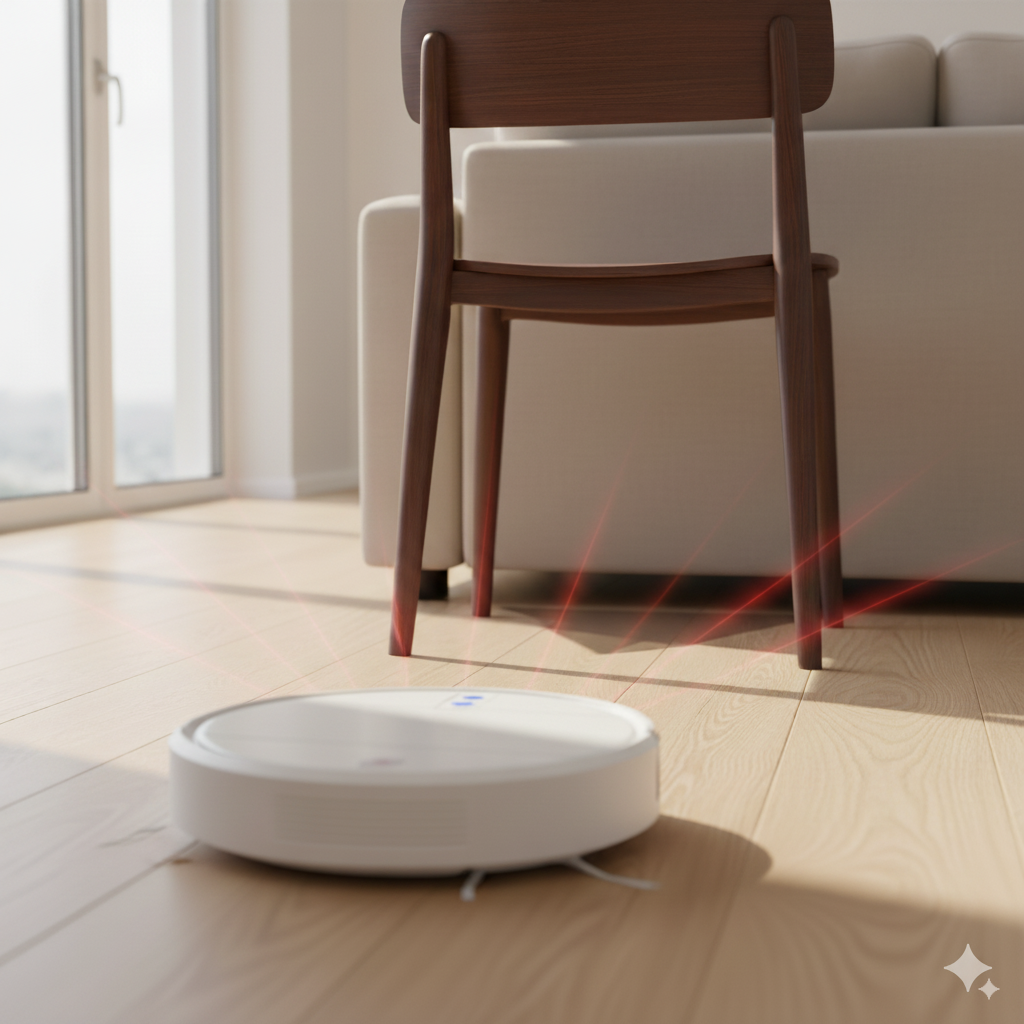
This report analyzes how sensor layouts in robotic vacuums impact performance and blind spots. It critiques luxury configurations, showing that adding more sensors has diminishing returns. The analysis offers a cost-benefit framework for engineers and managers to optimize design for performance and ROI.
Why is a hierarchical model for obstacle detection superior to a single-layer approach in a typical household setting?

This report analyzes hierarchical obstacle detection for smart home product development. It details sensor layers, AI integration, and application cases for challenges like floor diversity and low-light navigation, providing engineers and strategists with technical and commercial insights.
Efficient Path Planning in Robotic Vacuum Cleaners to Enhance Cleaning Coverage
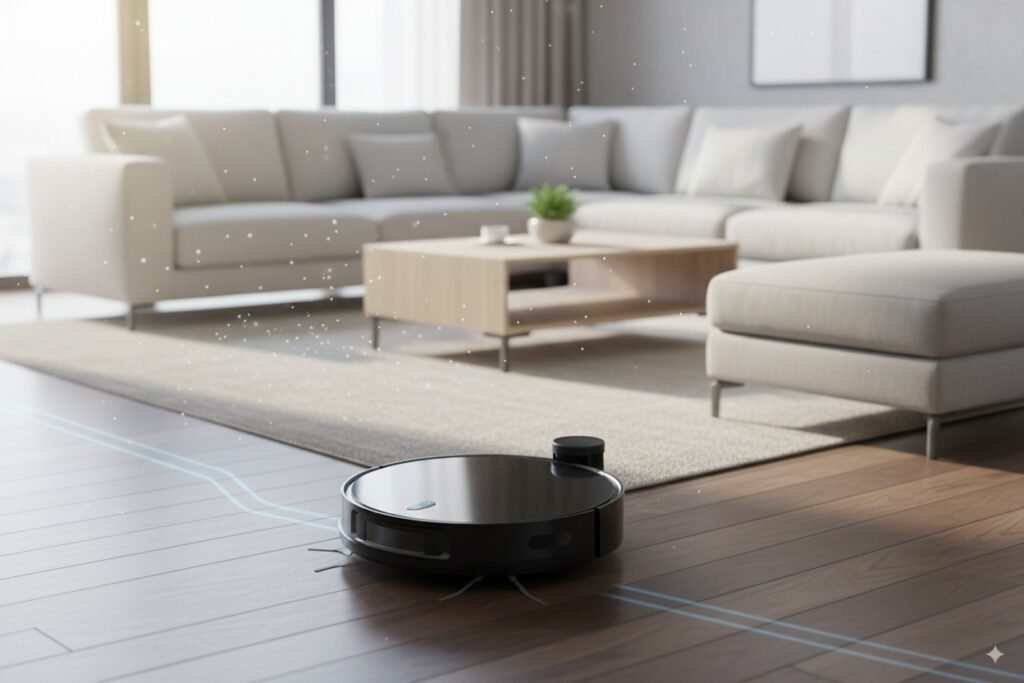
This article examines the role of advanced path planning in enhancing the efficiency of robotic vacuum cleaners. By integrating graph-based searches with machine learning, these devices achieve up to 30% better coverage in complex environments. The discussion focuses on algorithmic advancements, sensor integration, and optimization strategies that reduce energy consumption and improve cleaning performance, offering valuable insights for product managers in a competitive market.
Comprehensive Research on the Classification of Robot Vacuum Cleaners
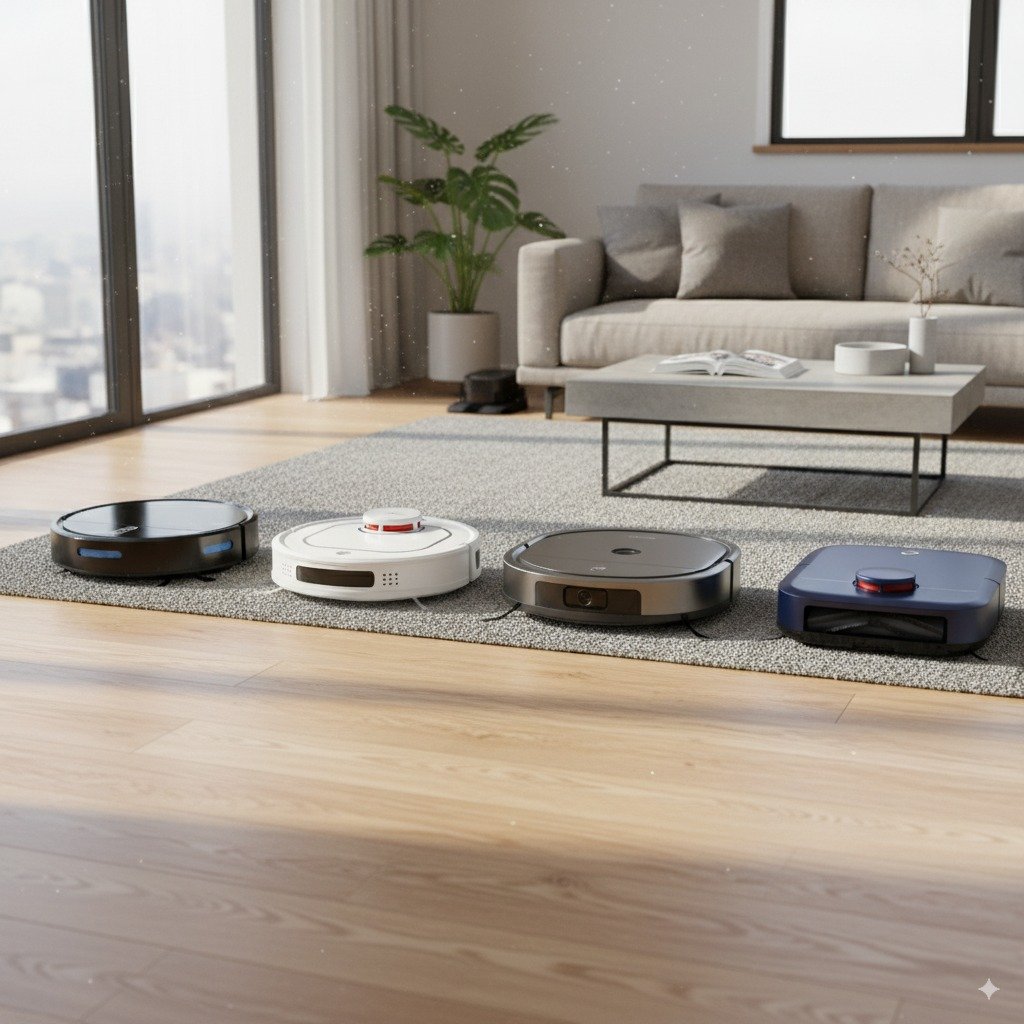
This article explores the classification of robot vacuum cleaners, focusing on navigation methods, sensor technologies, and cleaning modes. It introduces the Robot Vacuum Classification Model (RVCM), which offers a practical approach to evaluating product features, environmental suitability, and user experience. The guide is essential for product managers, market analysts, and consumers looking to make informed decisions in a growing market.
Will Robot Vacuums Fall Down the Stairs?
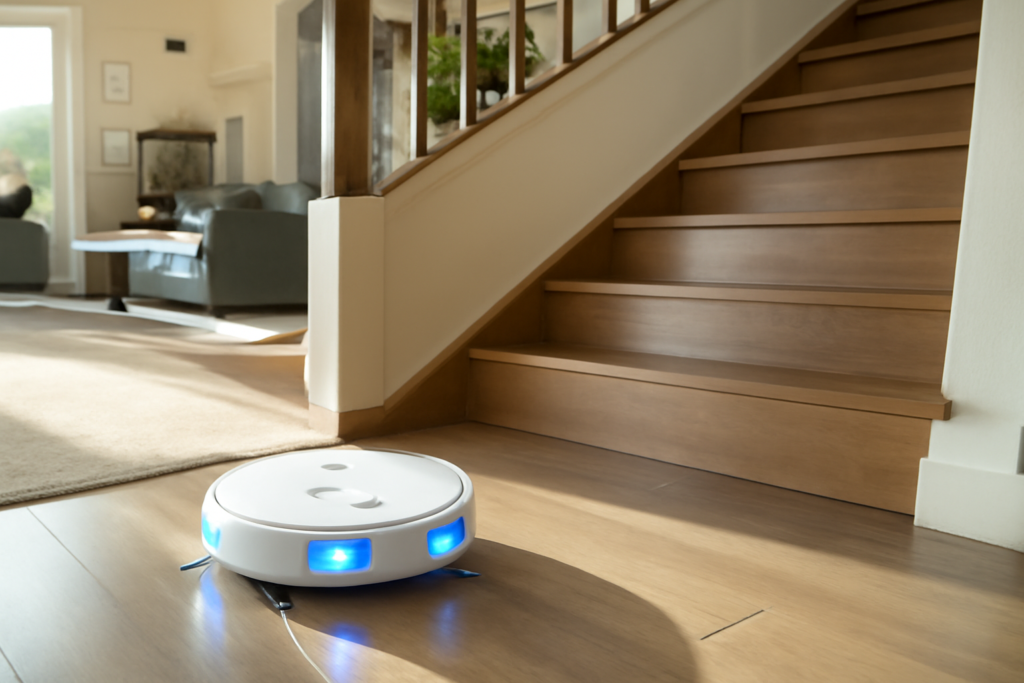
This article explores the critical role of cliff sensors in preventing robot vacuums from falling down stairs. It delves into additional safety measures such as virtual walls, physical barriers, and regular maintenance tips to enhance device performance. By understanding and implementing these features, users can ensure a worry-free cleaning experience and maintain a safer home environment.
How Often Should You Replace a Robotic Vacuum?
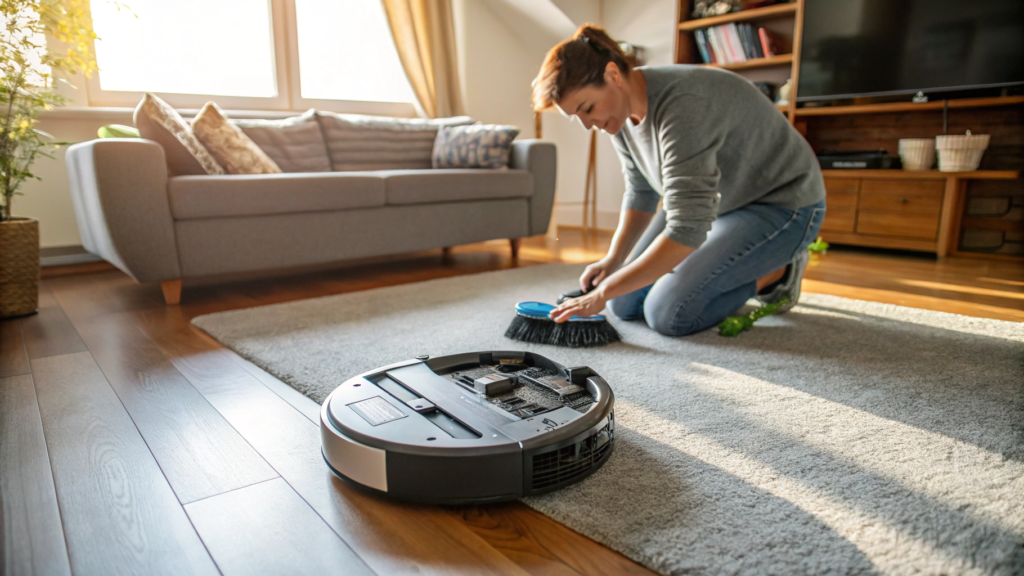
This article provides insights into effective maintenance for robotic vacuums, emphasizing the importance of regular inspection and timely part replacement to ensure optimal performance. Discover how home conditions impact replacement schedules and practical tips for extending the life of your equipment.
The Ultimate Guide to Choosing a Robotic Vacuum Cleaner
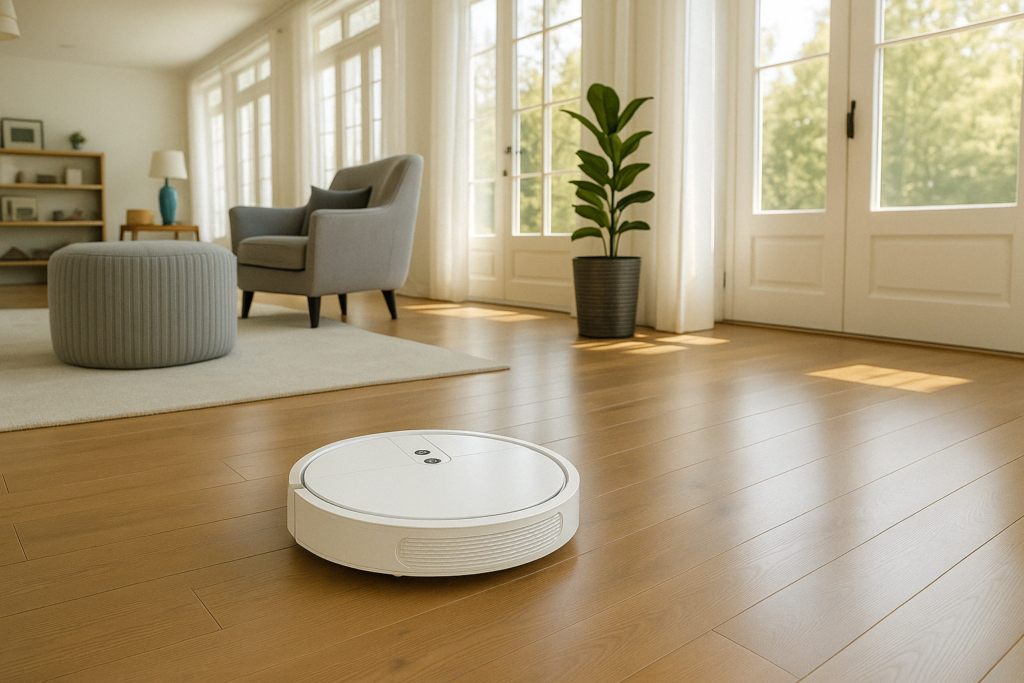
This guide navigates the complex world of robotic vacuum cleaners, emphasizing key features like navigation precision, suction power, and smart home integration. It provides insights into brands that cater to various budgets, discusses the importance of aligning vacuum features with home environments, and highlights maintenance and cost considerations. Future trends such as AI-driven navigation and energy efficiency are also explored to assist you in making an informed purchase decision.
